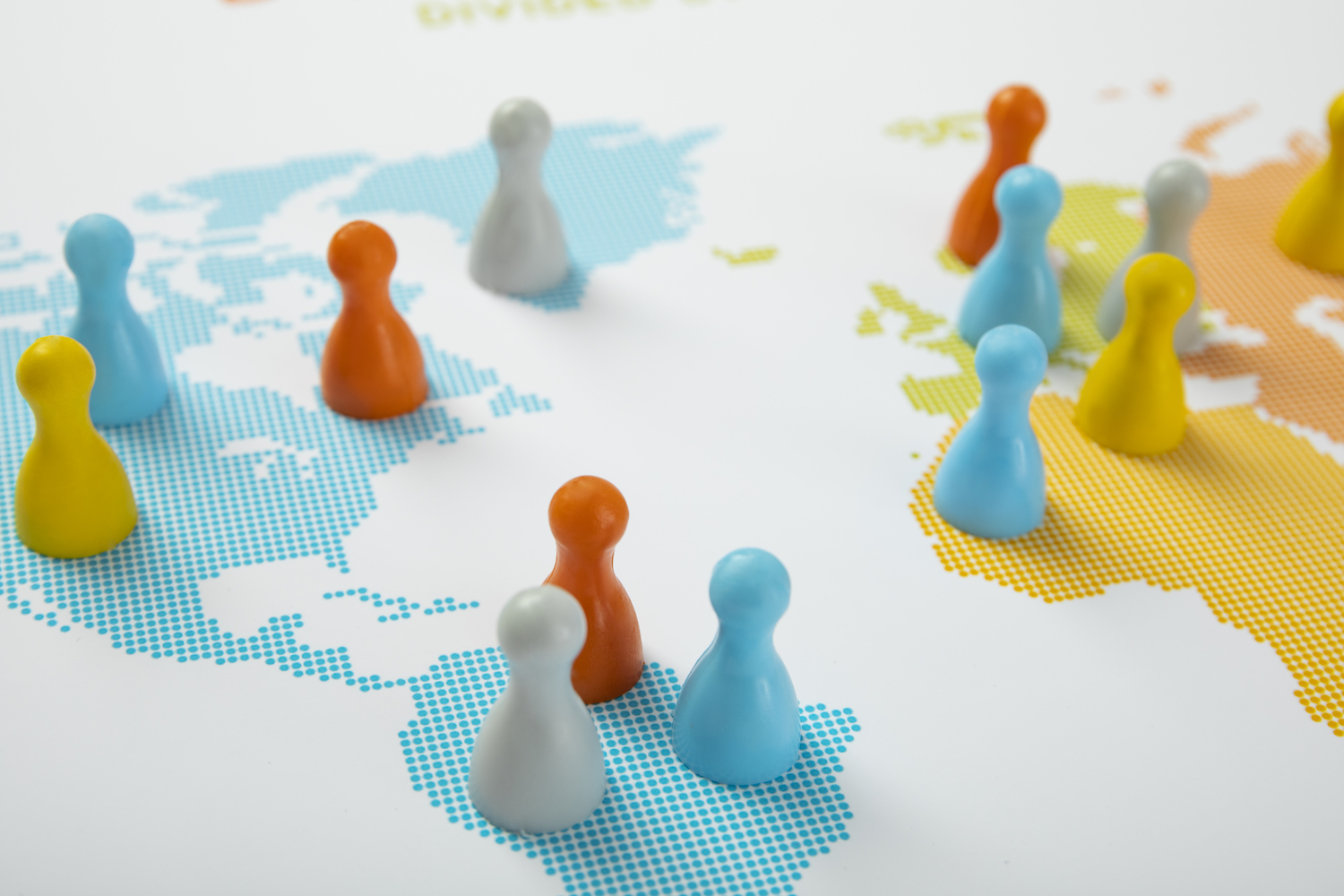
In an ever-changing world, staying informed about current affairs has become an essential task. The year 2023 has brought forth a myriad of significant events and developments that are shaping our societies, economies, and global relationships. From technological breakthroughs to geopolitical shifts, this article aims to explore some of the most prominent current affairs of the year and their implications.
1. Technological Advancements and Disruptions
The year 2023 has witnessed remarkable advancements in technology, from artificial intelligence (AI) to quantum computing. AI, once confined to laboratories and sci-fi movies, is now a part of our daily lives, driving innovations in various sectors. Companies are using AI to enhance customer experiences, optimize supply chains, and even develop autonomous vehicles. The rise of quantum computing holds the promise of solving complex problems that were previously unsolvable due to their computational demands. However, these advancements also raise concerns about data privacy, job displacement, and the ethical use of AI.
2. Global Health Challenges
COVID-19 continues to have a profound impact on global health and economies, even in 2023. While vaccination efforts have made significant progress, new variants of the virus have posed challenges to achieving herd immunity. Furthermore, the pandemic has highlighted the importance of global cooperation in addressing health crises. It has exposed gaps in healthcare infrastructure and underscored the need for equitable vaccine distribution worldwide.
3. Climate Crisis and Sustainability
The urgency of addressing climate change has intensified in 2023. Extreme weather events, ranging from devastating wildfires to record-breaking heatwaves, have underscored the need for immediate action. Governments, corporations, and individuals are being called upon to adopt sustainable practices and reduce carbon emissions. The United Nations Climate Change Conference (COP29) scheduled for later this year will be a pivotal moment for international climate agreements.
4. Geopolitical Dynamics
Geopolitical shifts continue to shape the global landscape. Economic tensions between major powers, such as the United States, China, and the European Union, persist. Issues related to trade, intellectual property, and human rights remain contentious. Additionally, regional conflicts in the Middle East and Eastern Europe demand attention as they have the potential to escalate into larger crises. The balance of power is evolving, and diplomatic efforts are crucial in maintaining stability.
5. Social and Cultural Movements
Social and cultural movements are playing a significant role in driving change in 2023. The fight for racial and gender equality, LGBTQ+ rights, and social justice remains at the forefront of discussions. Activism, facilitated by social media, has led to increased awareness of systemic injustices and calls for reform. The younger generation continues to push for a more inclusive and equitable world, demanding that institutions address historical disparities.
6. Economic Recovery and Inequality
The aftermath of the pandemic has brought both opportunities and challenges to the global economy. While some sectors have experienced rapid growth, others are struggling to recover. Economic inequality has become more apparent, with marginalized communities disproportionately affected by the crisis. Governments are grappling with the task of fostering economic recovery while ensuring that the benefits are shared widely.
7. Cybersecurity and Digital Threats
As the world becomes more digitally connected, the threat of cyberattacks and digital espionage has escalated. High-profile cyber incidents targeting governments, businesses, and critical infrastructure have highlighted vulnerabilities in digital systems. The need for robust cybersecurity measures and international cooperation to combat cyber threats has never been greater.
Conclusion
In 2023, the world continues to navigate through a complex web of challenges and opportunities. Technological breakthroughs are reshaping industries, while global health concerns persist. Climate change demands urgent action, and geopolitical dynamics are in flux. Social and cultural movements are pushing for meaningful change, and economic recovery is a priority for many nations. As we grapple with these issues, it’s essential to stay informed, engage in constructive conversations, and work collectively to shape a better future for all.










